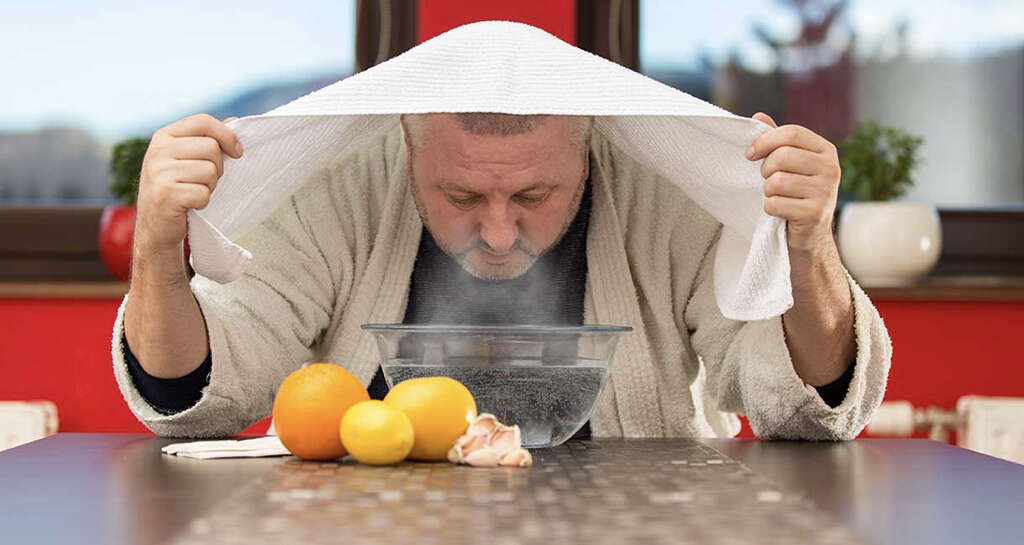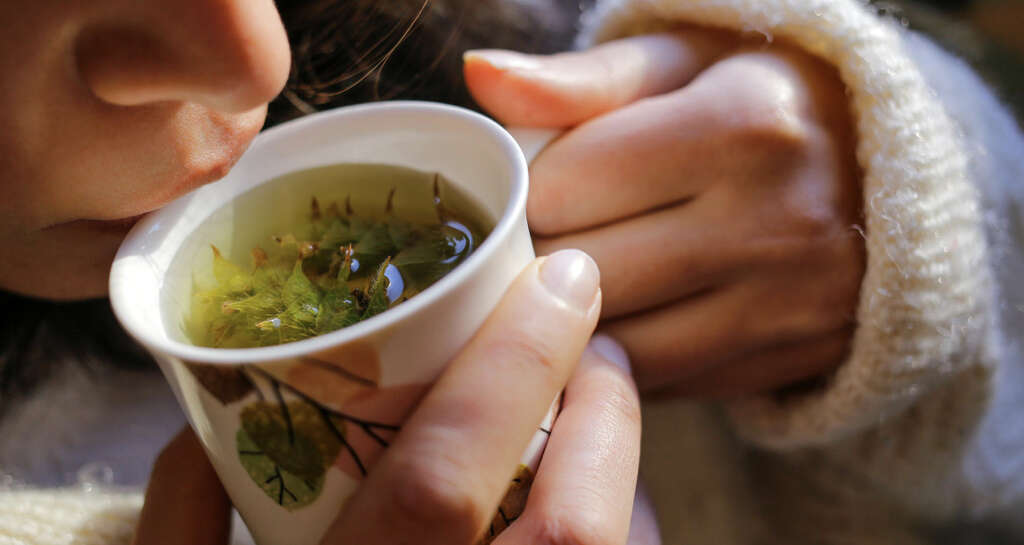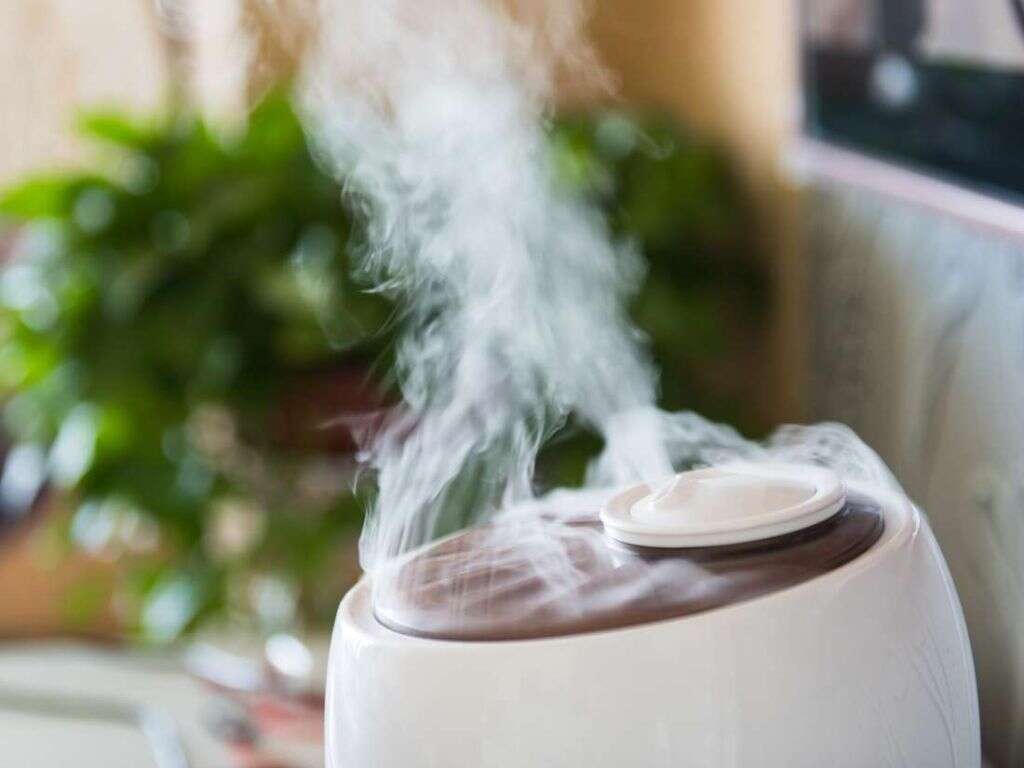10 Home Remedies For Croup
Croup is a condition known as laryngotracheobronchitis. It is a type of respiratory infection that is caused by a virus, resulting in tracheal swelling. This, in turn, interferes with breathing and swallowing. Symptoms of croup includes a hoarse voice, cough, fever, runny nose, and stridor. The severity of the symptoms may vary.
Patients with croup often report to have more severe symptoms in the evening. Some examples of viruses that can cause croup are the influenza and parainfluenza viruses. In rare cases, it can also be due to a bacterial infection. Diagnosis of croup may be achieved based on the signs and symptoms the patient experiences. Investigations such as blood tests, blood cultures, and x-rays are usually unnecessary. Most cases of croup are preventable through vaccination or immunization for diphtheria and influenza. Treatment may include the use of steroids and inhaled epinephrine. Hospital admission may be required in some cases.
Croup is a common condition affecting about 15 percent of children. It is most commonly seen among those between the ages of 6 months to 5 years old. Before vaccination for diphtheria was available, croup was often fatal. It is important to seek immediate medical attention if the affected individual experiences trouble swallowing, drooling, has a high fever (above 102F), has difficulty breathing, or has blue lips or fingers.

Home Remedy #1: Steam
Steam inhalation is a great home remedy for those with croup. This can be done by turning on the hot shower in the bathroom or using a humidifier, as warm and moist air help to reduce the swelling in the airways and relax the vocal cords. This enables patients with croup to be able to breathe easier.
Those without a humidifier or hot shower can pour boiling water into a bowl and let the patient breathe in the vapor that comes up from it. For additional benefit, essential oils such as eucalyptus can also be added to the water or humidifier.

Home Remedy #2: Cold Air
In some patients with croup, cold air can help relieve stridor as it helps reduce the inflammation and swelling in the airways. In regions with cold climates, the patient can go outdoors and breathe in the cold air to alleviate stridor. Ensure that the patient is dressed warmly.
Those who are not in areas with cold temperatures can open the freezer door and breathe in the air that comes through. If the affected individual starts making a “crowing sound” while breathing or has worsened symptoms after breathing in the cold air, seek medical care right away.

Home Remedy #3: Warm Fluids
Warm fluids are especially helpful if the patient has coughing fits. These coughing spasms occur due to the presence of sticky mucus in the vocal cords. By sipping or drinking warm fluids, it helps to loosen the mucus and relax the vocal cords.
Since children under the age of 4 years old are not recommended to take cough medicine, warm fluids can be beneficial. Children between 3 months to 1 year of age should be given 1 to 3 teaspoons of clear warm fluids such as apple juice or water four times a day. Those above the age of 1 year old can be given half to 1 teaspoon of honey to soothe the cough. Cough drops can be given to children above the age of 6 years old.

Home Remedy #4: Hydration
Hydration is always important, especially if one is unwell. Making sure that the patient is hydrated by drinking adequate amounts of fluid is recommended by all health practitioners. Water is always the recommended choice for hydration. However, younger children may benefit more from breastmilk while older children can opt for coconut water, broths, soups, and homemade fruit pops.
Staying hydrated helps replace fluid loss that may occur from a fever. It also enables the body to fight off the infection. Warm fluids such as herbal teas, soups, and broths also help to relax the vocal cords and loosen the mucus lining the airways.

Home Remedy #5: Avoid Certain Foods
In croup, some symptoms can be attributed to the presence of excessive sticky mucus lining the airways. While the presence of mucus is normal and functions to protect the respiratory system, excessive mucus can cause difficulty breathing, coughing, nasal congestion, and throat discomfort.
There are also certain foods that increases mucus production. Therefore, during times of illness such as croup where excessive mucus can be problematic, it would be best to avoid foods such as tree nuts, eggs, milk, soy, sugar, and processed meats.

Home Remedy #6: Essential Oils
Essential oils are commonly recommended by naturopathic pediatricians for children with croup. Essential oils like thyme, lavender, and tea tree can be mixed with a carrier oil like coconut oil or shea butter before being rubbed on the chest. Those who are interested can also make a homemade vapor rub. However, it is important to note that the use of eucalyptus should be avoided for those under the age of 2 years old.
Before trying different essential oils, try it on a small patch of skin to ensure there is no allergic reactions. Check with a doctor if the child is especially young or has sensitive skin.

Home Remedy #7: Rest and Recreation
Rest is essential for all who are recuperating from various illness. It is no different for those with croup. The position of rest also matters as resting in a propped-up position reduces the likelihood of cough and eases breathing. Resting in a flat position is not recommended.
Older children who are already sleeping in their own beds may benefit if the head of the bed is raised to ease breathing and increase natural mucus drainage. Books can be placed under crib mattresses to create an incline for infants and babies. During rest, it is important to provide a calm atmosphere as increased stress can worsen breathing difficulties. Keep them distracted using books and toys to ensure a faster recovery.

Home Remedy #8: Honey
Honey is a substance collected from bees. The bees make honey from floral nectar through enzymatic activity, regurgitation, and water evaporation. Honey has been used in traditional or folk medicine for many years as it has immune boosting, antibacterial, and antioxidant properties. With these properties, it can help fight infections and relieve the symptoms of croup.
A study published in 2012 found that honey products were rated to be effective for coughs in children. Honey can be given to children above the age of 1 year old. It can be added to a glass of warm water or mixed into lemon juice.

Home Remedy #9: Tepid Sponging
Children with fever can be given a tepid sponge bath. This helps to regulate the body temperature and is a quick way to lower the body temperature. It is also beneficial as it helps relax the child and improves sleep quality. A study published in 2013 reported that sponge baths are safe and should be encouraged for children with fever.
To give a tepid sponge bath, soak a washcloth in tepid water and wring out the excess water and sponge the child’s hands, feet, groin, and armpits. This can be done 2 to 3 times a day. Older children who are stable can also take a shower or bath in the bathtub.

Home Remedy #10: Homeopathic Remedies
Homeopathic remedies are also available for those experiencing croup. These remedies can be obtained from a homeopath. The four main remedies used in homeopathic medicine for croup are aconite, spongia, drosera, and hepar sulph.
Aconite is used in the early stages of croup while spongia is given later when there is a dry and harsh cough. Subsequently drosera or hepar sulph will be given next when the cough has loosened. With these remedies, the croup can still recur for several nights but should improve and reduce instead of getting worse.











